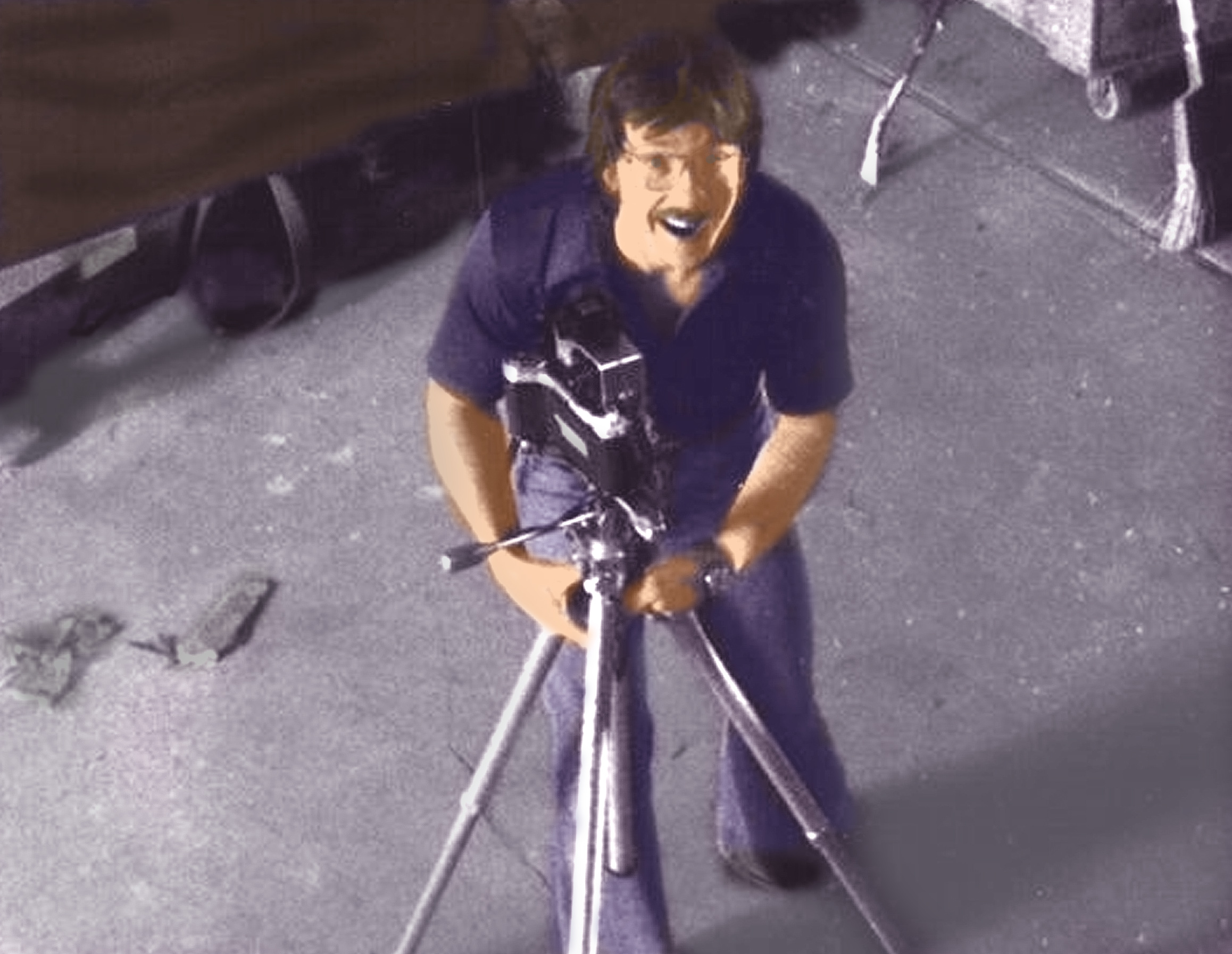Not that I think anyone is especially interested in me as subject for biography, but once in a while I stumble on something that brings back a flood of memory and I feel compelled to say something about it. Recently a friend of mine wrote in his blog about the Twenties being the most painful time of life, at least of his life, and it got me thinking. All pain is relative and certain periods possess character, and characteristic pain. The Twenties are painful insofar as most of us assume—and have it assumed on our behalf—that we know what we want, know how to get it, and, most importantly of all, that we know who we are. I think it fair to say that few of us are astute enough at that time to know that who we are is something that changes constantly, and that who we are at Twenty is definitely not who we were (we hope) at Ten, or Twelve, or Fifteen. By the time we’re over Twenty-One, we may assume that we have shed all the more awkward and embarrassing characteristics of our pre-Twenty-One self. It’s an illusion, but a powerful one, and may have utility as a survival mechanism.
With that in mind, here’s a photograph of me from 1979.

Firstly, a disclaimer. The original is black & white. I’ve been having some fun with Photoshop lately and I couldn’t resist colorizing this a bit. It’s not particularly good, but it is rather useful to me in certain ways.
You see here the image of a supremely confident and, what is more, happy young fellow. I still have that camera. The setting is of some local interest—that is the building that became Off Broadway, a night spot which I believe still exists (at least the building is there with that marquee) and is still open. Not sure about the latter. I’d become acquainted with the man who was doing the rehab. There were big plans afoot for the place and he thought it would be a good idea to record the progress. So I spent a few week ends in the shell during construction making images of the work being done.
Eventually, the plan was, we’d have a series of before-and-after images and I’d produce 16 X 20s for them to hang to show how the old, broken-down structure had been transformed into the delightful venue the patrons were then enjoying. It was a good project and for a time I was having a great deal of fun doing it.
Then everything fell apart.
See, the key ingredient to all this was the person who shot this image. The woman who, at the time, I was madly in love with and had made plans with. Plans for the rest of our lives. I was giddy with joy at the prospect. It was through her I’d met these people and developed this project and she worked with me on it. We were, at the time this image was made, having one hell of a good time.
By the forthcoming October it was all over. Crashed and burned, and the demise was about as painful and brutal as could be imagined.
So in this sense, I can agree with my friend’s assessment that the Twenties were in some ways the most painful period of my life.
I’d attached myself to this woman in a fit of desperation. I didn’t think it so at the time, of course, but the fact was I had no clue what I wanted to do with my life but a very sharp sense that whatever it might turn out to be what I’d been doing was a dead-end and I did not know how to get out of it. I’d been pretty much alone, in terms of what is known as “meaningful relationships” since…
Well, forever. I had had a steady girlfriend for only one not-quite-year-long period right after I got out of high school. Before that, I staggered through adolescence always wanting, unable to figure out how to get, exactly that—a girlfriend. Ignorance is not always bliss. For a host of reasons, most of which I understand now but couldn’t figure out then, I drifted through my teen years oblivious to the rituals and subtleties of dating and all that. I was one of those benighted, highly-intelligent idiots who just “didn’t get it.” As I entered my Twenties, it appeared that this would continue to be the case.
So I seized an opportunity, attacked the situation with the kind of blunt force by which I did everything then, and tried to “break out” of the rut I saw myself in at the time—and it very nearly landed me in a marriage that, in hindsight, would have been disastrous. I have since recognized that my thick-skulled obliviousness to the ins-and-outs of boy-girl fraternizing was a boon to my future. I would likely have fallen into the “accepted norm” of such things and woken one day to find myself miserable in a completely different way.
So the pain of various periods of life quite often turn out to be excruciating learning curves we must ascend. Obstacles overcome and so forth. And really, no decade is consistently one thing. The “painful” period of the Twenties, for me, only lasted till I was 25. That’s when I met Donna and things took a decided turn for the optimistic. The second half of that decade, for me, was hardly painful at all. In fact, it was quite blissful. Part of the benefit of the first half of that decade was that I could recognize the bliss while I was going through it. I was able to appreciate what I was living through because of what had gone before and for that I am very grateful to all the crap I endured while trying, clumsily and obstinately, to shed the ignorance that very nearly became a cage.
The only thing I wish now is that I’d had a chance to finish that photographic project…

